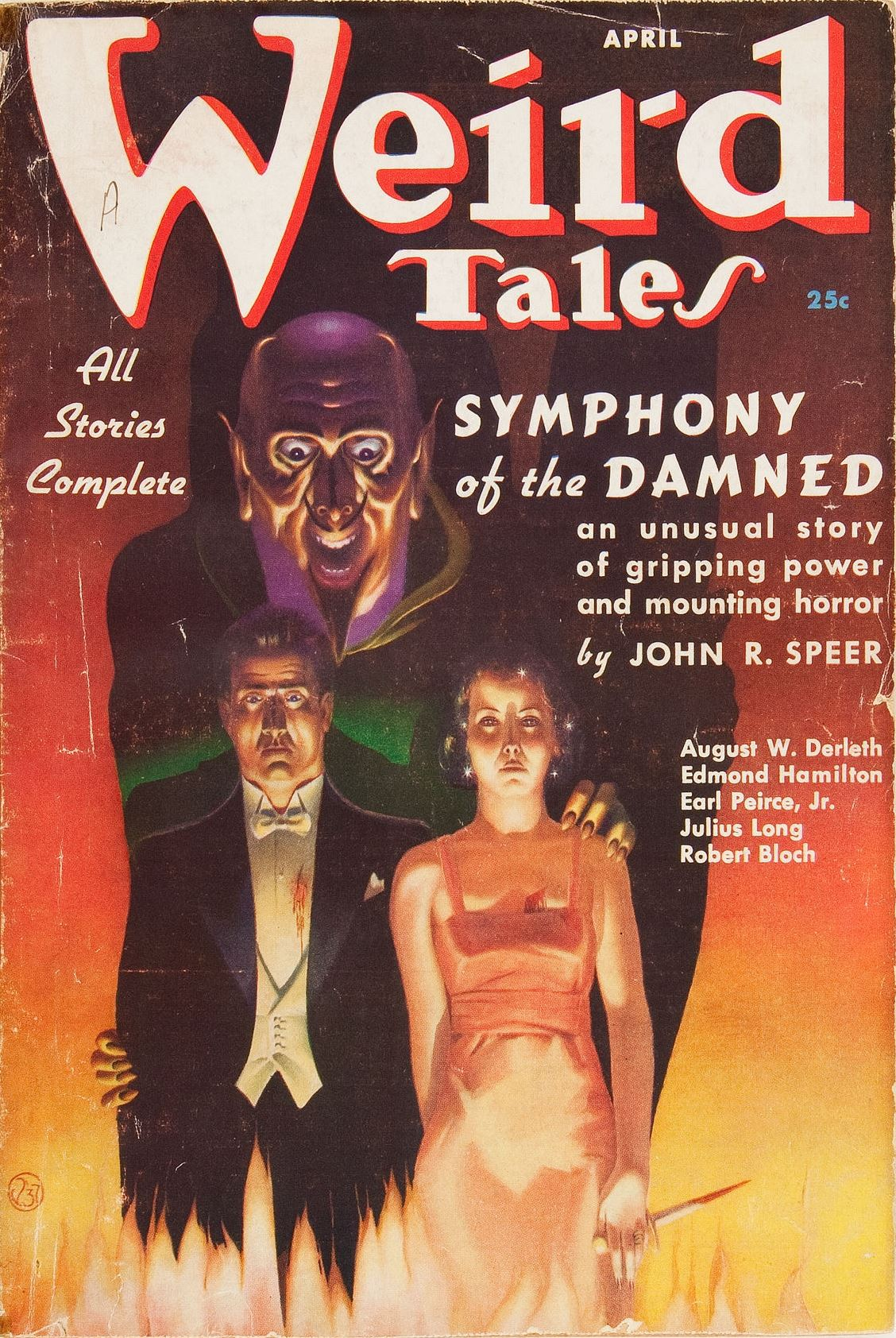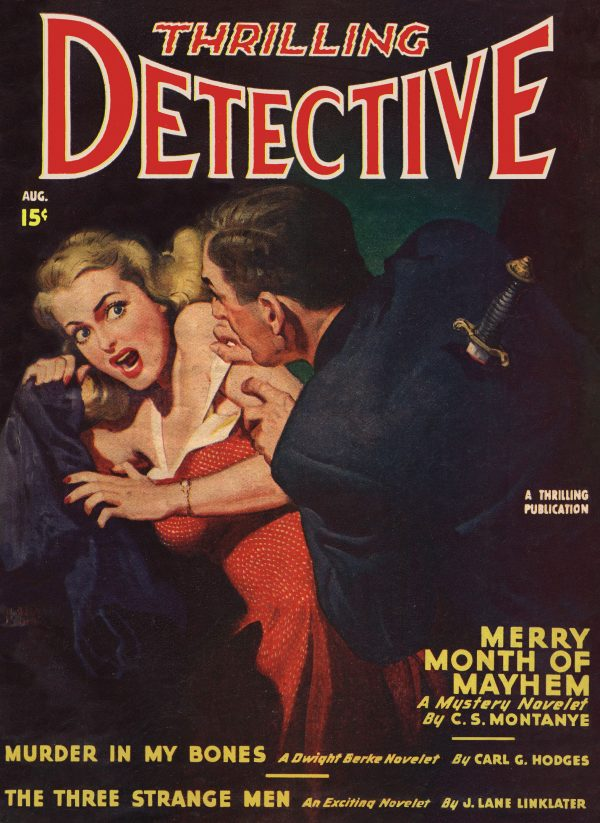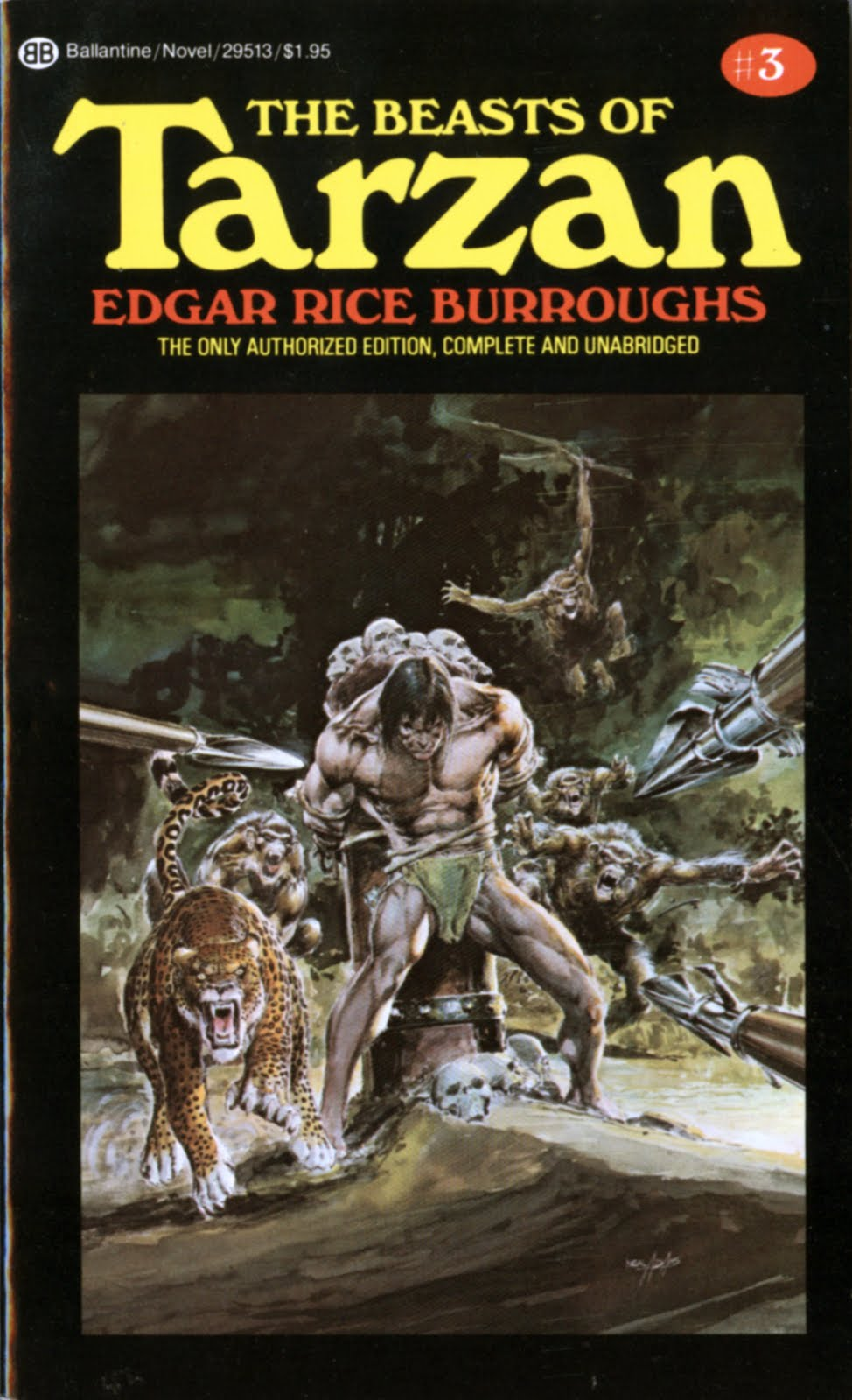A few days ago, I had the privilege of reading the synopsis of a trilogy being written by a fellow Singaporean. It was an honest-to-goodness Sword and Planet story, like Star Wars crossed with Final Fantasy. Holy warrior maidens, mind-altering magics, political intrigue, interstellar travel and warfare, it was like reading a revival of an old school pulp story. It had incredible potential.
Which is why it will never be published in Singapore.
I’m not exaggerating. The writer had shopped the first book in his trilogy to several Singaporean publishers. Only one responded, and he said that there was no market for science fiction in Singapore.
His tale affirms my stance: the Way of the Pulps is the only way for me.

Pulp Publishing
SingLit and the Singapore publishing scene are so heavily intertwined, they are one and the scene. SingLit is, quite simply and utterly insidiously, literature with Singaporean elements. Not just any literature, but literature deemed by the gatekeepers to be of artistic and intellectual merit, to highlight Singaporean culture and in so doing expand it.
Genre fiction does not fall into this category. Stories of action and adventure, stories without Singaporean characters, stories not set in Singapore, stories by Singaporeans that lack even the slightest scintilla of Singaporeaness, do not count.
Don’t be fooled by the genre-looking stories labeled as ‘SingLit’. They are litfic in genre dress, focusing on character dramas, wordplay, and capital-C culture at the expense of actual storytelling. The only exceptions I’ve seen are books aimed at younger readers–readers who still prize story over Literature. For this reason, I have never, and do not, recommend any SingLit story to my friends and readers.
Not only that, SingLit is exasperatingly hidebound in its business strategy. Until very recently, you’d be hard-pressed to find examples of SingLit novels on Amazon. Only in traditional bookstores. Most foreigners — the kind who would benefit the most from reading about Singaporean culture — would never get a chance to even buy SingLit. Likewise, marketing efforts like advertising, interviews, and ad copies are limited to a Singaporean audience; if you don’t read local newspapers or visit local blogs and bookstores, you’ll never encounter an ad for SingLit.
Traditional publishing isn’t much better. Tradpub is not in the business of selling stories; it is in the business of selling printed paper through bookstores. With bookstores closing and profit margins narrowing by the year, tradpub must make conservative publishing decisions to survive. They would rather market and sell existing authors first, then books that fall into familiar genre conventions, and take exactly no chances on books that defy genre conventions.
Not only that, the big publishing houses in science fiction and fantasy are dabbling in the black arts of identity politics and social justice. Their mission isn’t to entertain readers; it is to push out progressive propaganda. They focus on marketing POCs and minorities and women authors solely on the basis of their identities; ad copies for their books focus on the exotic minority status of their protagonists and how they are overthrowing oppressive ancien regimes; and every time an author fails to toe the line, the lynch mobs descend on them.
Quite simply, if you have a Y chromosome, intact genitalia, and politics to the right of Joseph Stalin, your chances of breaking into SFF tradpub are practically nonexistent.
Contrast all this to PulpRev. Among our number is an Israeli Jew who writes space opera starring a diverse range of alien species, a black man who writes anime-inspired mecha and mahou shoujo novels, and a Catholic who just released a sci fi thriller inspired by 80s and 90s action flicks.
We don’t care about identity markers. We care about writing awesome stories for our fans. Instead of relying on bookstores and traditional distribution chains, we use distribution platforms like Amazon to sell our books to the world.
For us, publishing is how we engage and entertain our readers. Everything else is secondary.

Pulp Speed
Pulp Speed is the gospel of PulpRev. At its heart, it is a production-focused mindset. Write more and write fast without sacrificing quality. Always seek to write even more. The baseline is Pulp Speed One, or 2750 words per day. Many of our more prominent members crank out 3000, 4000 or more words on a regular basis per writing session.
It’s not just about dumping words on the page. It’s about maintaining quality while improving output. The more stories you complete in a given time, the more you learn, the more you improve.
Baked into Pulp Speed is the concept of failing faster. You may crank out a bad story, or two, or a dozen. But you are still writing, still learning, and with each story you get better. This sets up a virtuous cycle of growth, leading to perennial improvement.
In contrast, the zeitgeist of SingLit is an all-encompassing mess. Every year, the Singapore Writers Festival promotes SingLit by organizing classes, talks, workshops, book releases, and other events. For over a decade, I have seen the SWF cover music, Singlish as a language versus a dialect, the role of journalism, the importance of various languages, feminism, everything butwriting. Save for a handful of master classes, SWF doesn’t help writers develop the craft.
There is no culture of growth in SingLit. There is no culture of anything that supports writers.
Traditional SFF publishing is even worse. The social justice warriors have consumed it from the inside out and are using it as a propaganda machine. Identity politics, #ownvoices, and accusations of racism/sexism/ableism/whatever-ism are the dominant themes of content churned out by Big Pub. What you create, and the effort you put into your work, isn’t important to these people, only whether you spout the ideology du jour.
And I’m seeing this attitude creep into SingLit circles.
Between Pulp Speed or a hot mess, I know which one I’ll pick.

Pulp Tradition
The pulps draw upon a rich literary tradition. Appendix N, the pulp masters, the dime novels, the classics by H.G. Wells and Jules Verne, all the way back to the Bible, Norse myths, the Bhagavad Gita and more.
The pulps were printed on cheap paper, but the writers were anything but. They were adventurers and athletes; autodidacts and scholars. They were the luminaries and representatives of superior culture, upbringing and education. They understood what appealed to people, the importance of virtues and values, the power of the written word. They drew deeply from the well of an ancient tradition and brought forth gems and gold.
We do not seek to resurrect the pulps of the past. Rather, we seek to learn from them and to apply what we have learned to meet the tastes of present-day markets — and in so doing, build upon the bright line of tradition and culture exemplified by the pulp era.
TradPub actively undermines its own traditions. To create the narrative of white oppression of minorities, it is always Year Zero. Bloggers and writers affiliated with TradPub have erased, dismissed or belittled the pulp era. In so doing, they erased, dismissed and belittled Leigh Brackett, C M Moore and Manly Wade Wellman, and so many more. In their quest to push message fiction, they had to ignore and undermine people whose existence is inconvenient to their narrative.
Since the colonial era, Singaporean literature has traditionally portrayed aspects of the ordinary Singaporean experience in some fashion. We see this in Singaporean characters, Singaporean settings, the use of Singlish, and so on. At every turn, the essential Singaporeaness of the story is highlighted.
It may appeal to some, but my readers don’t want to read all about how their day could have been; they want to read about a world that might be. They want to read about starships and holy warrior maidens, valiant knights crossing swords with demons, adventurers exploring strange new lands, stories that let them escape humdrum reality for a while.
And the gatekeepers of SingLit have shut out every story that could satisfy them.
They are so fixated on the SingLit tradition that they will not publish any Singaporean author who breaks free from the mould. If it isn’t literary, it’s not SingLit in their eyes.
SingLit is parochial. TradPub is self-destructive. That leaves me with just one path: to don the mantle of the Herald of the Pulp Revolution, and blaze a road into the future.

If you want to know what a pulp-style superhero novel looks like, check out my latest novel HOLLOW CITY!
To stay updated on writing news and promotions, sign up for my newsletter here.
Leave a Reply